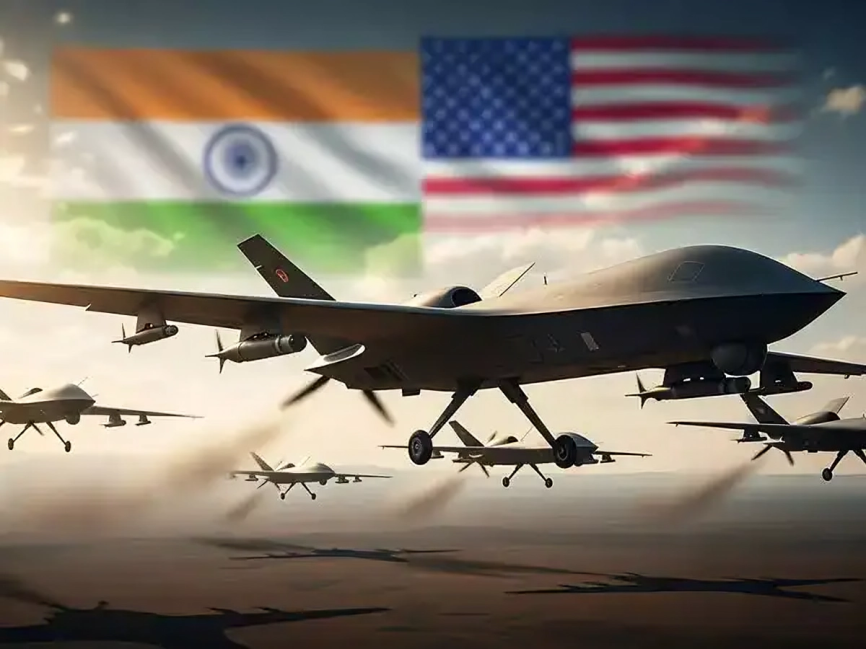India Approaching Agreement for Local Production of US-Origin V-BAT Combat Drones

India is poised to finalize a major defense agreement with the U.S.-based company Shield AI, which will facilitate the local production of the advanced V-BAT vertical take-off and landing (VTOL) combat drones. This agreement is a segment of India's emergency procurement initiative, valued at 4.5 billion dollars, initiated in response to urgent defense needs after Operation Sindoor.
Under the emergency acquisition framework, the Indian Air Force is expected to acquire an initial batch of V-BAT drones for approximately 35 million dollars. Concurrently, a substantial joint venture worth 90 million dollars is nearing finalization between Shield AI and India's JSW Defence. This venture is anticipated to encompass a complete transfer of proprietary V-BAT drone technology to India, paving the way for large-scale production within the nation.
JSW Defence plans to invest the full 90 million dollars over the next two years, with an initial 65 million allocated for the first year. The investment will concentrate on developing manufacturing infrastructure, training skilled personnel, and implementing global compliance protocols essential for defense exports and operations.
The V-BAT drone is engineered for high-end intelligence, surveillance, and reconnaissance operations. It combines a distinctive ducted-fan VTOL capability with fixed-wing endurance, making it suitable for diverse missions. Currently deployed by the United States Marine Expeditionary Units and other international forces, the V-BAT is praised for its operational flexibility and rapid deployment in complex environments.
Upon signing, the agreement is expected to establish India as a regional center for V-BAT drone manufacturing. Local production is anticipated to shorten procurement timelines, reduce costs, and enhance India's self-reliance in defense.
Officials familiar with the negotiations indicate that the proposed deal signifies a broader shift in India's defense strategy, transitioning from direct imports to co-development and domestic production of sophisticated military technologies. If concluded, it would represent a significant milestone for the Make in India initiative in the defense sector and set a precedent for future technology transfer agreements involving advanced unmanned systems.



















